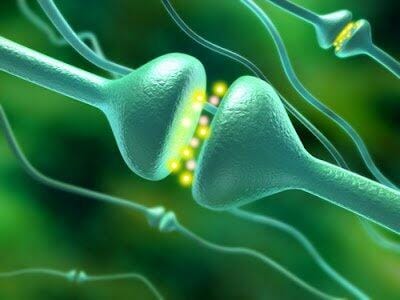Several New Subtypes of Serotonergic Neurons Identified

Researchers from Harvard Medical School have identified several new subtypes of serotonergic neurons. Each subgroup is responsible for a specific role, like mood, appetite or breathing rate regulation. The differences in gene expression commit each type of serotonergic neuron to a different function. By molecularly defining each subtype, the contribution of each serotoninergic neuron group to a given disease can be inferred, and new biomarkers could be targeted. The research was published in the journal Neuron.
Serotonergic neurons use serotonin as a neurotransmitter. among other things, serotonin regulates mood, sleep and some cognitive functions like memory and learning. In previous research with mice, professor Susan Dymecki and her team discovered that breathing rate increases upon identifying excess quantities of carbon dioxide concentration in the body, which was regulated by a specific subgroup of serotonergic neurons. Based on these results, and suspecting a greater diversity of neuronal subgroups, Dr. Dymecki decided to molecularly characterize any other existing subtypes of serotonergic neurons in mice.
Six molecular subtypes of serotonergic neurons
Researchers analyzed serotonergic neurons by intersectional fate mapping, neuron sorting, and genome-wide RNA-seq, and identified six serotonergic subtypes that differed in the expression patterns of hundreds of genes. Each subtype gives rise to a different cell lineage, with different surface receptors, occupies a specific anatomical space and shows a different electrical firing behaviour. All these characteristics explain the different function of each subtype, which were demonstrated with further experiments -electrophysiology, serotonergic subtype silencing and gene knockout.
A deeper understanding of the molecular mechanisms that work in each neuron subtype has enormous therapeutic potential. It is well conserved among vertebrates, which would allow to apply the findings of this study to humans. New biomarkers can be targeted with greater specificity to treat serotonin-related diseases like apnea, depression, anxiety or sudden infant death syndrome. This study will also have repercussion in stem cell research, as current cell differentiation protocols might be developing only specific neuronal subtypes.
Source: HMS
